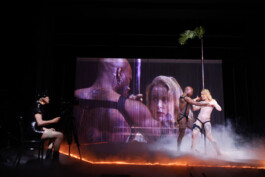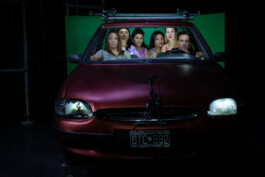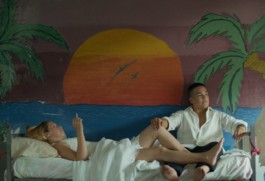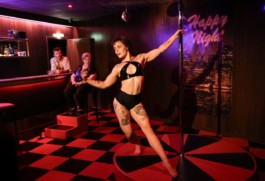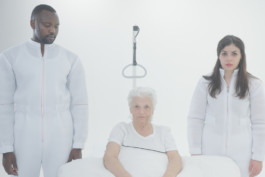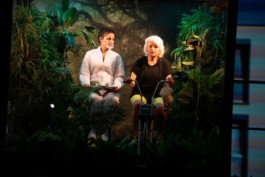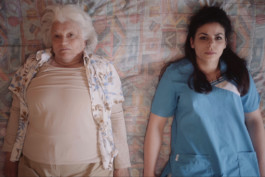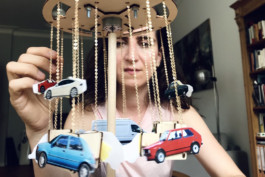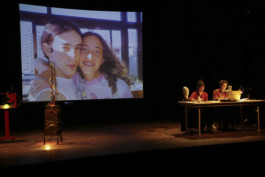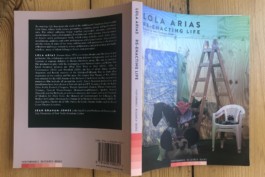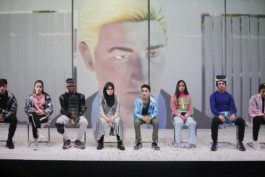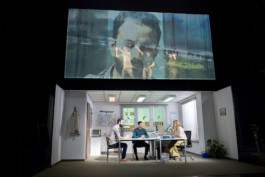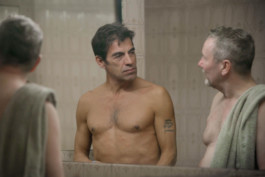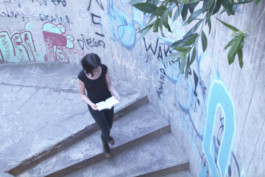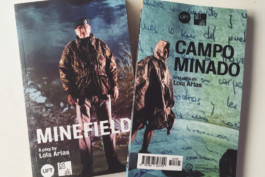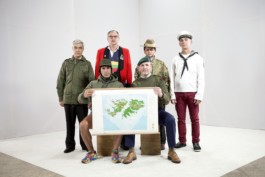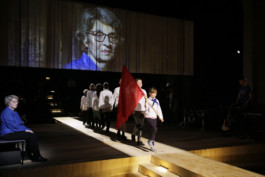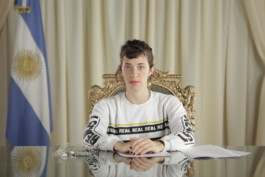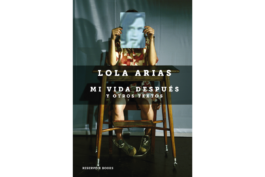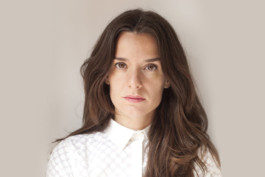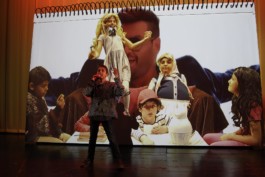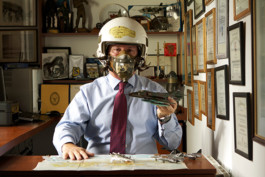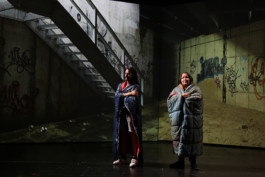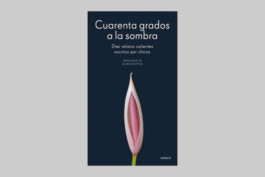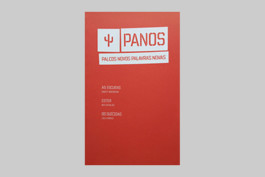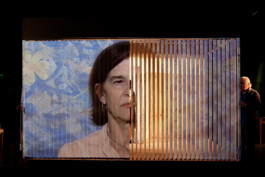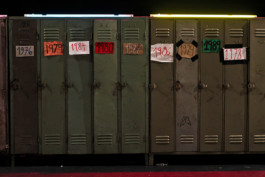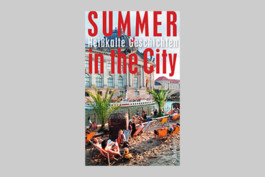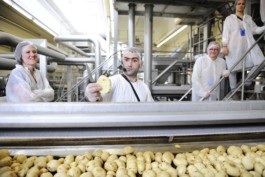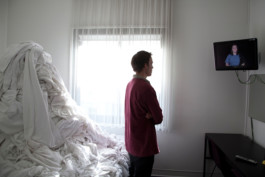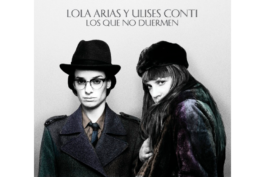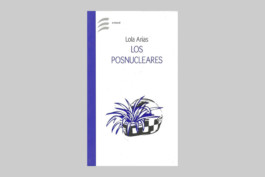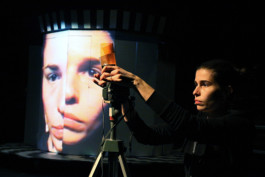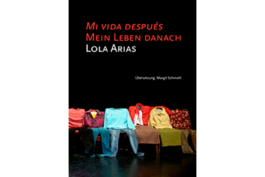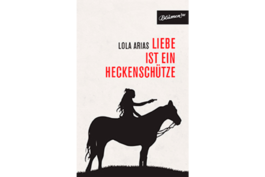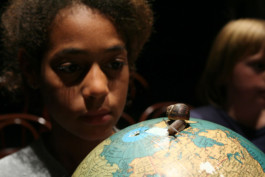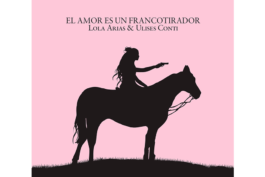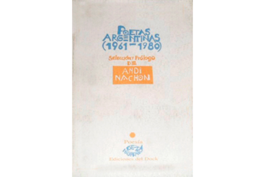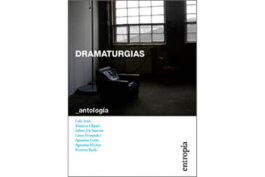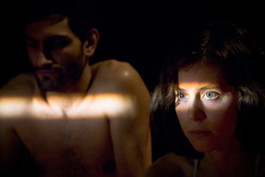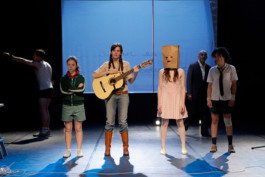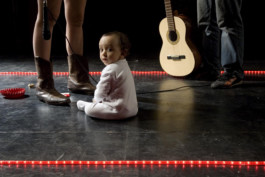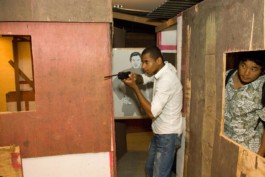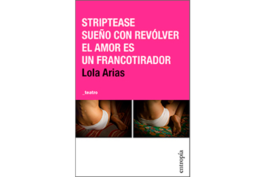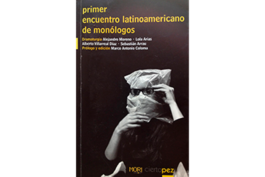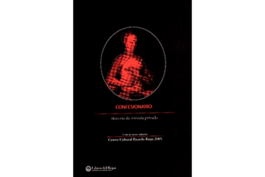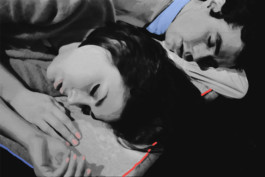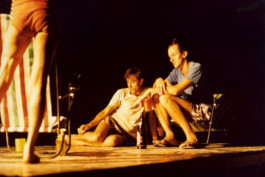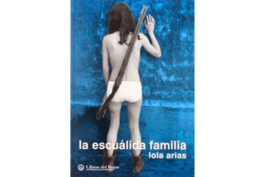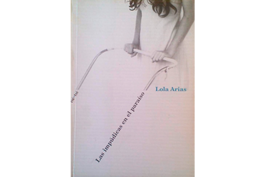Stunt Double
2016
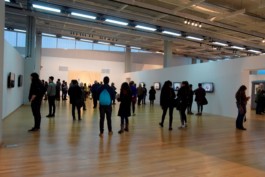
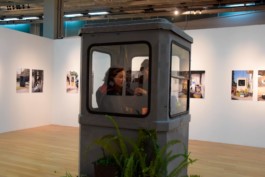
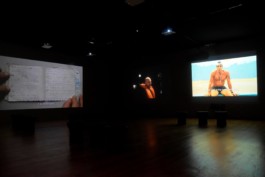
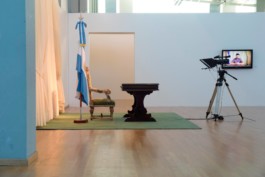
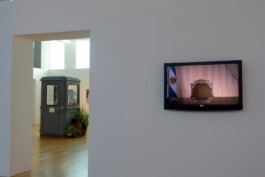
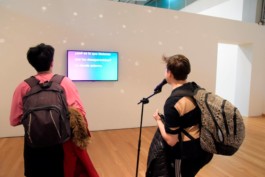
In a present inebriated of present, it is not surprising that art looks back into the lost thickness of the past. Lola Arias has been revisiting the past for years, bringing it to the present with remakes of other people’s lives and diffuse remains of their own memories. She makes history recent by refracting it through the glass of theater, installation or video, and auscultates it with the vibrating material of letters, diaries and old photos. The subject of art is necessarily the past, but what finally counts is the glass that swirls the arrow of time.
Veterans is a video installation in which five veterans reconstruct episodes of the Falklands War in places they know or they work in. Fiction is just an alteration of space and time that puts a distance in their recovery of the past but also enables it. In a more inclusive picture, Cadena Nacional explores forty years of Argentinian history recreating presidential speeches, stunt by men and women whose lives were somehow modifies by the effects of what it’s said or advertised. Cadena nacional, the privileged genre of our official history, overlaps with the life stories of those who repeat their words with empathy or ironic smiles, distant neutrality or farcical emphasis. The sound of the crowd amplifies popular responses to the voices of power in the context of massive political participation. The timeline of modern Argentinian history could be reconstructed entirely through the slogans and songs of Plaza de Mayo, which are reproduced and sung in this installation with the help of a Karaoke device. Parallel armies, however, reproduces a security shelter as a ready-made of the urban landscape, and invites us to dwell for a moment one of those mini-panoptic located at the corners of the richest neighborhoods, observe from there instead to be observed, and hear the voices of real security guards. Stuntman of the officers at its own risk, the viewer can imagine how the coordinates of time and space merge while looking at the same landscape during eight or twelve hours on duty.
Graciela Speranza
Credits
Concept Lola Arias
Artistic assistance and research
Production Martín Grosman
Production assistance Andrea Franco
Set Mariana Tirantte
Camera Manuel Abramovich
Color correction Delfina Mayer
Editing Marcos Medici
Sound and video for karaoke Ian Kornfeld
Sound Francisco Pedemonte
Archive research Laura Tusi
Texts Graciela Speranza
Performers in videos Martin Galli, Helena Goldstein, Denise Groesman, Ruben Lopez, Elvira Onetto, Gabriel Sagastume, Sebastián Soler, Mariano Speratti, Javier Swedzky, Guillermo Dellepiane, Daniel Terzano, Marcelo Vallejo, Darío Volonté y Fabián Volante.
